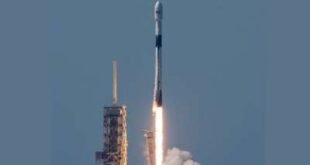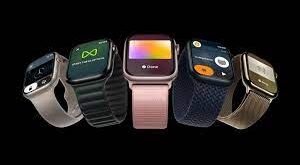The Indian Institute of Technology Madras (IIT-M) and the Indian Space Research Organisation (ISRO) are developing virtual reality (VR), augmented reality and mixed reality solutions to help train Indian astronauts for the harsh unknowns of Space.
This collaboration is meant to help the four Indian astronauts (originally Indian Air Force test pilots) who are undergoing specialised training to undertake India’s most ambitious space mission —’Gaganyaan’ or the human spaceflight programme.
Prof M Manivannan, Department of Applied Mechanics, IIT Madras, explained to WION that among the key takeaways from this collaboration would be the ability to simulate space emergencies and train astronauts for facing them.
“We will be simulating fire in space, medical emergencies, and the astronauts will be trained in mitigating and finding solutions to such situations,” he said.
As part of this, both hardware and software systems will be developed. Citing an example, he said that such a VR system would help to analyse how many switches/systems an astronaut can comfortably operate, while being confined to their seats and amid limited ability to move their bodies, etc.
Dr Umamaheswaran, Director, Human Space Flight Centre (HSFC), ISRO, said that space program always had linkages with academia, and IIT Madras has a long history of contributing for ISRO’s program, including human spaceflight program.
As per the MoU signed between IITM and ISRO, the former would utilise the advanced technologies created at the newly-established Experiential Technology Innovation Centre (XTIC) at IIT Madras to promote research and development (R&D) in the domain of extended reality.
While the design and development of these technologies is being carried out by IIT Madras, the ‘CAVE’ consortium comprising more than 270 Indian startups and companies in VR and haptics would carry out the implementation, Prof. Manivannan added.
He also mentioned that simulations will be carried out to see how the human body reacts to the harsh conditions in orbit, as the pre-existing data in this field is based on Caucasian astronauts and not Indians.
The collaborative effort is expected to churn out space-grade biomedical devices that Indian astronauts can carry to space, thus helping keep a constant track of their health and well-being during their 48-hour stay in space.
“We want to empower ISRO to develop their own AR & VR systems. We’ve already trained a handful of ISRO scientists in this field” Manivannan said.
 Digital Scoop India Official Platform of Digital Scoop India Featuring Latest & Best News #Articles #Bytes #Entertainment #DigitalScoopMagazine
Digital Scoop India Official Platform of Digital Scoop India Featuring Latest & Best News #Articles #Bytes #Entertainment #DigitalScoopMagazine


